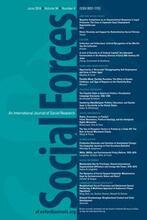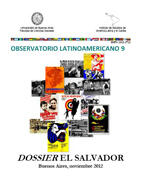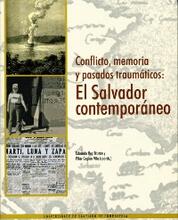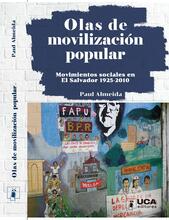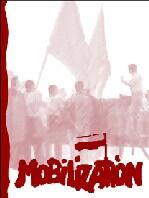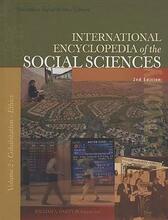Using a unique dataset on the geographic distribution of reported protest events from local sources, the study explains the variation in community-level mobilization in response to neoliberal reforms in two countries in the global periphery. Building on insights from macro, cross-national studies of protests related to market reforms, this article highlights local structural conditions that more likely generate popular contention in poorer countries. Count regression models show that localities with greater levels of state and community infrastructure (highways, administrative offices, universities, NGOs and local chapters of oppositional parties) were associated with heightened collective action opposing the privatization of health care and public utilities. These state and community infrastructures were shaped by national contexts in the era of state-led development preceding the current epoch of accelerated globalization.
Publications
2012
2011
2010
Esta investigaci\ on se enfoca en las elecciones presidenciales e hist\ oricas en El Salvadoren 2009. Hay un \ enfasis dado a la transformaci\ on del partido pol\ ıtico FMLN en laera despu\ es de la guerra civil y la alianza entre el partido y los movimientos socialesen la sociedad civil. La combinaci\ on de los procesos de la democratizaci\ on y laspol\ ıticas de liberalizaci\ on econ\ omica en los 1990 y 2000 aport\ o al reforzamiento de lacoalici\ on entre el partido de la izquierda y los movimientos populares. Gradualmenteel FMLN se pod\ ıa canalizar la energ\ ıa de las campañas de los movimientos socialescontra las pol\ ıticas neoliberales y opini\ on p\ ublica en triunfos electorales al nivellocal, parlamentario y Ejecutivo.
2009
2008
In the 1990s and early 2000s, government privatization and austerity programs served as the cornerstone of free market reforms implemented throughout the developing world. The selling off of government utilities, resources, and services laid the groundwork for a highly contested battleground in the global South over social and economic distribution. This study examines the sequencing of campaigns against neoliberal reforms in Central America. Two successful movement campaigns against privatization in El Salvador and Costa Rica followed failed collective attempts to impede similar economic reforms. The policy outcomes against neo-liberal measures are explained by the path-dependent nature of the organizing templates activists chose to employ and the breadth of social movement unionism achieved. The article offers insights into similar battles currently waged in the third world over the pace of economic globalization and the conditions in which oppositional movements are likely to succeed or fail.

